Content updated as of February 7, 2024
While retirement was once thought of as a time to kick back, relax, and enjoy your so-called “golden years” relatively worry-free, the stark reality is that today’s retirement landscape is shifting. The debt crisis that has gripped America is often hardest on the eldest, who must cope with rising healthcare costs, property taxes, home insurance, and personal debts on a limited income.
With nearly half of all Americans (46%) expecting to retire in debt,1 retirees are trading in their day-to-day stress of the workforce for stress attributed to their financial situation. According to data from the Federal Reserve Bank of New York, the total debt for Americans over age 70 climbed to $1.1 trillion in 2019, a 543% increase from 1999, marking the largest percentage increase for any age cohort.2
Naturally, this begs the question: where is this debt coming from? Let’s explore three key contributors to the senior debt crisis.
- Medical Debt
One of the top expenses retirees can expect to face in retirement is healthcare – often resulting in surmounting medical debt. In fact, unpaid medical bills among older Americans totaled nearly $54 million in 2020, marking a 20% increase from the year prior.3 For retirees living on a fixed income, even modest amounts of medical debt can have the potential to negatively impact financial well-being. Even if you have Medicare coverage, medical expenses can add up fast – especially when you factor in out-of-pocket costs like copayments, coinsurance, deductibles, and other out-of-network surcharges. In fact, most of the nearly four million adults carrying medical debt reported having health insurance.3 - Credit Card Debt
Aforementioned healthcare costs, coupled with today’s higher cost of living and rising prices, often leave older Americans turning to credit cards to make ends meet. While Americans of all ages account for a humongous $1.079 trillion (yes, trillion!) in credit card debt,4 older generations tend to carry the highest balances. While Gen Xers carry the largest credit card debt, Baby Boomers are not far behind them, accounting for an average $6,245 in debt.5 Their older counterparts of the Silent Generation tend to carry lower balances – on average $3,316.5 Keeping a credit card balance is expensive no matter how old you are, especially when accounting for the notoriously high double-digit interest rates that many card issuers charge. Working to pay off credit card debt – and subsequent interest payments – has the potential to be an especially challenging financial feat for retirees on a fixed income. - Housing/Mortgage Debt
Paying off a mortgage used to be a source of pride among older Americans, celebrating the accomplishments of their hard work and signaling the start of a relatively worry-free retirement.
But times sure have changed. Today, despite nearly 80% of Americans aged 65 and older owning homes,6 nearly 10 million of them still carry mortgage debt.7 And the sobering reality is that an increasing number of older homeowners allocate over 30% of their income to housing expenses.8 In addition to a mortgage or rent payment, property taxes, insurance, and maintenance and repair costs also contribute to overall housing expenditures retirees can expect to face.
While owning a home certainly comes with its share of expenses for a retiree, it could also be a significant source of wealth. In fact, housing wealth represents nearly two-thirds of total wealth for the average American household.9
So why aren’t more older Americans using their home equity?
According to a Gallup poll, 71% of nonretired adults are worried about being able to fund their retirement – including 42% who indicate they are very worried.10 So what can be done?
Those who are physically able can delay retirement and work longer. And some may be able to delay taking their Social Security benefit to maximize the monthly amount they receive. But a shocking number are simply ignoring the largest portion of their retirement assets: home equity. With senior homeowners amassing the largest amount of housing wealth on record, strategically leveraging home equity can play a key role in helping consolidate high-interest debt burdens and mitigate other financial challenges facing today’s retirees. Yet, despite this opportunity and the challenges facing older Americans, 80% of homeowners ages 55 and older reported being “not at all interested” in tapping home equity in retirement according to a Fannie Mae National Housing Survey.11
While many retirees have historically opted to preserve their home equity for as long as possible or bequeath it to their heirs, today’s seniors are increasingly tapping home equity to access a much-needed additional source of retirement cash flow. As costs continue to increase, leaving this equity untapped has become a luxury that many people will not be able to afford in the future.
And in that future, it’s likely that a staggering number of older Americans will be affected. This year, more than 11,000 Americans will turn 65 every day, marking the “Peak 65” trend – the largest influx of senior citizens the world has ever seen.12 With approximately 4.1 million Americans celebrating this milestone birthday this year, and every year through 2027,12 the large surge of retirement-age Americans cannot be ignored.
A solution: a Home Equity Conversion Mortgage (HECM) – aka a reverse mortgage.
To help combat the debt crisis and other financial challenges, retirees or those nearing retirement could benefit from tapping into their home’s equity. But many people don’t know how to do so – or don’t fully understand the concept.
The truth is, there are many ways to tap into your home equity—but only one is part of a government-backed program: Home Equity Conversion Mortgages (HECMs), also commonly known as reverse mortgages, only available through Federal Housing Administration (FHA)-approved lenders. There are several ways to use a reverse mortgage to help consolidate other retirement debts. The most popular have been to pay off an existing mortgage or to increase cash flow in retirement to help pay down credit card balances, auto loans, healthcare costs, or consolidate other debts.
The issue: myths and misconceptions about reverse mortgages.
So why do so many older adult homeowners simply dismiss this financial tool that can potentially help with other forms of retirement debt? Reverse mortgages have long been subject to several myths and misconceptions. And although the program has evolved over the years thanks to changes by the FHA, misinformation still persists.
Let’s address some of the most commonly spread misconceptions in greater detail:
“The bank will take my home.”
With a reverse mortgage, the title stays in your name and you own it. Like with any home loan, the bank simply adds a lien onto the title so the lender can guarantee that it will be repaid. While you are responsible for keeping up with home insurance, property taxes, and home maintenance, the loan doesn’t come due until a maturity event such as when the last borrower permanently leaves the home—and it’s often repaid by simply selling the home.
“I won’t be able to pass on the home to my kids.”
Your heirs can still inherit the home with a reverse mortgage. When the loan comes due, they have options to repay it. They can arrange their own financing, pay off the loan, and keep the house for themselves. If they don’t wish to keep it, they can sell the house, pay off the loan, and keep any excess funds. Or, they can simply deed the home to the lender. And even if the loan amount is more than the value of the home when it’s sold, not to worry—a reverse mortgage is a type of loan known as “non-recourse.” This means you or your heirs will never owe the lender more than the home is worth at the time of its sale.
“They’re too expensive.”
Actually, reverse mortgages don’t require large out-of-pocket expenses. Mortgage loan origination costs and interest rates are comparable to traditional mortgages. When it comes to the HECM, there are FHA insurance costs that some traditional mortgages don’t require, but the costs are relatively small. And typically, any lender closing costs and fees can be financed into the loan, leaving little required out of pocket.
“You shouldn’t get a reverse mortgage unless you’re desperate.”
When it comes to reverse mortgage loans, the fact is that they are a powerful financial tool that can be an important part of your overall financial plan. From paying off an existing mortgage to delaying social security, or even creating an emergency line of credit,14 it’s a flexible tool that gives you options. In fact, many financial planners have begun to discuss reverse mortgages with clients who could benefit from an additional source of retirement funding, often as a way to preserve other invested assets.
The facts: today’s reverse mortgages are designed to give homeowners options.
If you’re part of the many senior homeowners who carry mortgage debt with hard to manage monthly mortgage payments into retirement, a reverse mortgage could provide a welcome respite. If you have an existing mortgage on your home, funds from a reverse mortgage are first used to pay off that balance, relieving you of that monthly financial burden.15 This can free up the funds that normally would go to paying the mortgage to consolidate other retirement debt—such as credit cards, healthcare costs, car loans, or personal debt.
And here’s another major benefit of a reverse mortgage – you are not required to make monthly payments, so long as you keep up with home insurance, property taxes, and home maintenance. You have the flexibility to make payments should you choose to – or none at all.
Once any existing liens or mortgages are repaid, the remaining equity is yours to use as you wish. You can opt to choose the remaining income tax-free16 funds via a one-time payment, steady, monthly disbursements, a line of credit as a “safety net” for later use, if needed – or any combination of these methods.15
Now that we’ve covered some of the myths and facts, you may have some remaining questions – namely, “What exactly is this financial tool that can help with retirement debt?” Let’s provide some answers to some of the most frequently asked reverse mortgage questions.
What is a HECM reverse mortgage?
It’s a government-insured loan program for homeowners age 62 and older. It allows you to convert part of your home’s equity you’ve built into cash. It was designed specifically to help retirees with limited income remain in their homes longer15 and get additional cash to help cover expenses. The loan doesn’t have to be repaid until a maturity event, such as when the last borrower permanently leaves the home. You can learn more about HECM reverse mortgages, here.
Who can get one?
To qualify for a HECM, you must be age 62 or older and live in your home as your primary residence, along with other factors. The home must meet minimum property standards set by the U.S. Department of Housing and Urban Development (HUD), but you can use the proceeds of the reverse mortgage to pay for any necessary repairs. To find out if you’re a good candidate for a reverse mortgage, check out our article, here.
How much can I get?
The short answer here is, it depends. There are several variables that are considered to determine just how much of your home equity you’ll be able to access with a reverse mortgage. For instance, the amount of proceeds known as “the principal limit” can depend on your age, type of reverse mortgage, home value, and current interest rate. Also, the age of the youngest borrower on the loan affects the amount you can receive, with older borrowers getting more. Learn more about factors that play a role in calculating the principal limit.
How can I use the money?
The short answer is, any way you wish. You can consolidate your retirement debt or cover bills and everyday expenses, help with healthcare costs, establish a line of credit for the future,14 make needed updates to your home, or even help out family members who need it. It’s your money, and you can use it in the ways that make the most positive impact on your retirement.
How do I know if it’s right for me?
It’s important to find a lender that will assess your financial situation and help you determine if you’re good fit for a reverse mortgage. The lender should take the time to ask questions about your goals, your home, and your finances and give you all the facts you need to make an informed decision. It’s a good idea to gather information and explore your home equity options early on, so you can discuss important financial decisions with your family or trusted advisors.
Plus, everyone who applies for a reverse mortgage is required to complete a counseling session with an independent, government-approved counselor. It’s for your protection—to make sure that you fully understand the program and your options and responsibilities.
What are the changes to the program?
The FHA, which insures most reverse mortgages, adjusted the rules to protect the overall financial health of the program. Restrictions were placed on the amount of money that can be taken upfront, encouraging borrowers to use the total proceeds more judiciously. Protections were put in place for non-borrowing spouses who are not on the loan documents or the home title. And a financial assessment tool was introduced to help seniors plan for their spending with a reverse mortgage.
How can I learn more?
At Longbridge Financial, we specialize in educating homeowners on reverse mortgages – and helping them unlock the power of their homes. And we can help you, too! For more information, check out our webpage or contact our team of reverse mortgage consultants today. We are here to help!
You can also leverage our free quote calculator that can give you an online estimate of how much cash you may be able to receive through a reverse mortgage—with a full, in-depth analysis by phone or email.
At Longbridge Financial, we’re committed to assessing your financial situation and providing you with the education and tools for you to determine if a reverse mortgage is a good fit. That’s a commitment that not all lenders make.




